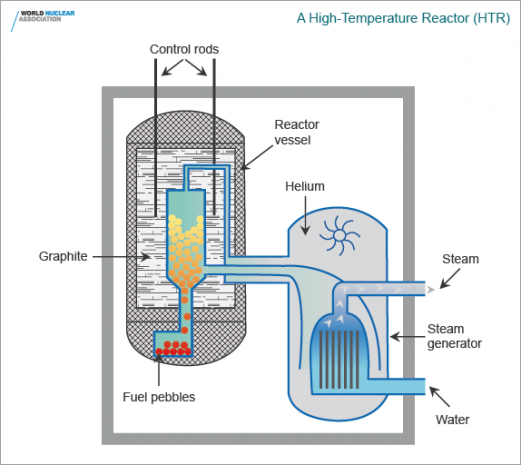
Breaking News
 Israel First Vs America First Conservatives
Israel First Vs America First Conservatives
 The COVID Vaccine DNA Bombshell They Tried to Hide | Exclusive with Dr. David Speicher
The COVID Vaccine DNA Bombshell They Tried to Hide | Exclusive with Dr. David Speicher
 Alarm Bells Going off EVERYWHERE, and Putin and China Smell Blood | Redacted w Clayton Morris
Alarm Bells Going off EVERYWHERE, and Putin and China Smell Blood | Redacted w Clayton Morris
 Ben Shapiro Joining CNN Exposes His REAL Scheme
Ben Shapiro Joining CNN Exposes His REAL Scheme
Top Tech News
 Goodbye, Cavities? Scientists Just Found a Way to Regrow Tooth Enamel
Goodbye, Cavities? Scientists Just Found a Way to Regrow Tooth Enamel
 Scientists Say They've Figured Out How to Transcribe Your Thoughts From an MRI Scan
Scientists Say They've Figured Out How to Transcribe Your Thoughts From an MRI Scan
 SanDisk stuffed 1 TB of storage into the smallest Type-C thumb drive ever
SanDisk stuffed 1 TB of storage into the smallest Type-C thumb drive ever
 Calling Dr. Grok. Can AI Do Better than Your Primary Physician?
Calling Dr. Grok. Can AI Do Better than Your Primary Physician?
 HUGE 32kWh LiFePO4 DIY Battery w/ 628Ah Cells! 90 Minute Build
HUGE 32kWh LiFePO4 DIY Battery w/ 628Ah Cells! 90 Minute Build
 What Has Bitcoin Become 17 Years After Satoshi Nakamoto Published The Whitepaper?
What Has Bitcoin Become 17 Years After Satoshi Nakamoto Published The Whitepaper?
 Japan just injected artificial blood into a human. No blood type needed. No refrigeration.
Japan just injected artificial blood into a human. No blood type needed. No refrigeration.
 The 6 Best LLM Tools To Run Models Locally
The 6 Best LLM Tools To Run Models Locally
 Testing My First Sodium-Ion Solar Battery
Testing My First Sodium-Ion Solar Battery
 A man once paralyzed from the waist down now stands on his own, not with machines or wires,...
A man once paralyzed from the waist down now stands on his own, not with machines or wires,...
Russia planning to build up to 38 small 300 MW cogenerating nuclear reactors to reduce...

A Rosatom feasibility study has concluded that up to 38 cogeneration reactors could potentially be deployed at 14 sites for this purpose.
In many Russian cities district heating is a common feature that sees a local power plant supply up to around 250 MWe to the grid, as well as process heat to a communal system to warm homes, schools, factories and offices. These systems have traditionally relied on fossil fuels but will need to change in line with incoming goals to gain in efficiency and to decarbonise, as set out by a Presidium of the State Council which specifically mentioned nuclear as a potential technology.
In response, NIKIET has completed the detailed design of the VK-300 reactor.
VK-300 is a boiling water model with 750 MW thermal capacity and 150-250 MW electric depending on the required mix of heat and power. It uses proven components, including similar fuel elements to the large established VVER pressurized water design.



